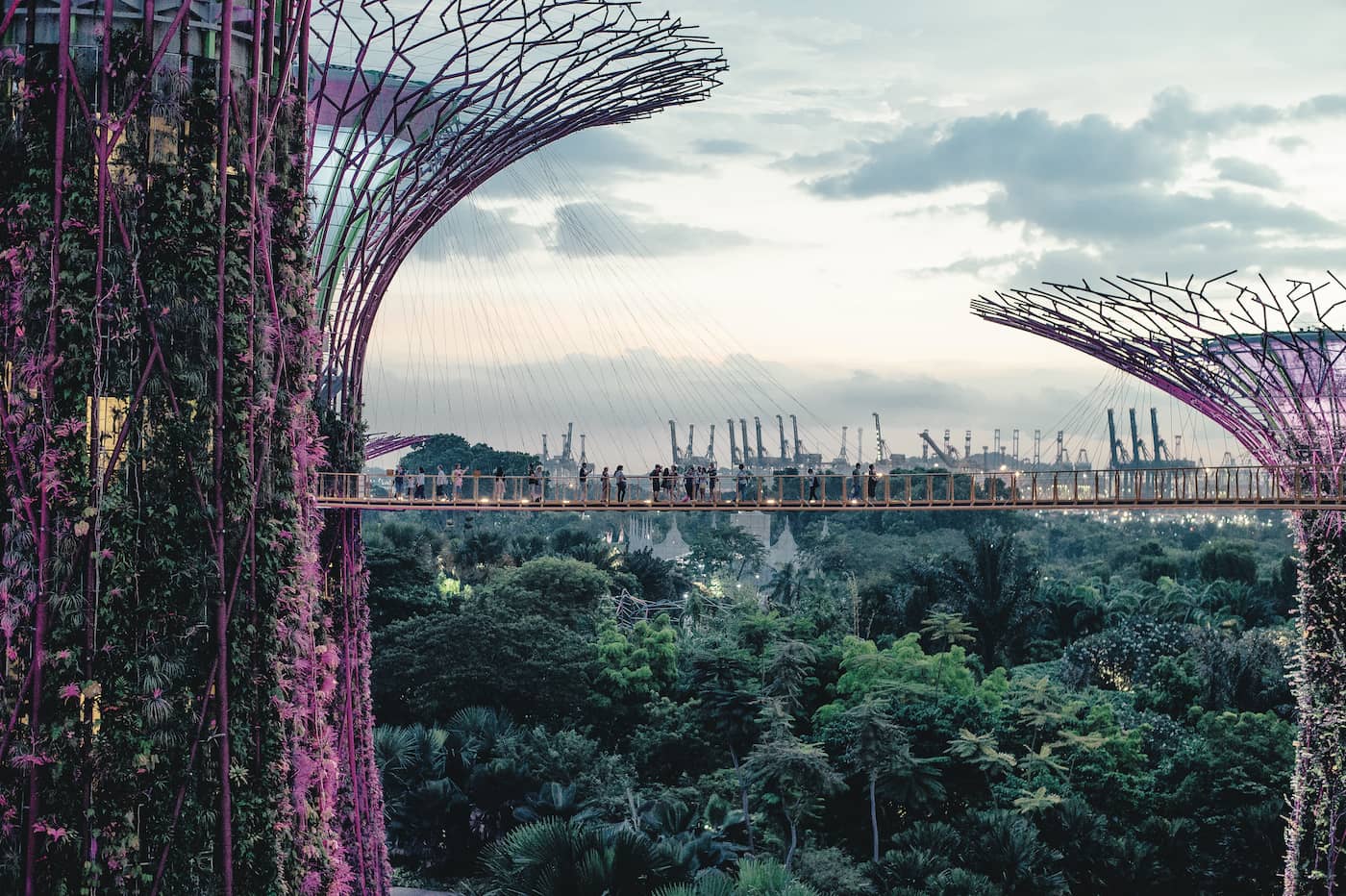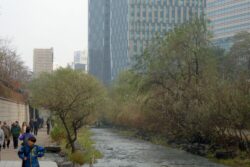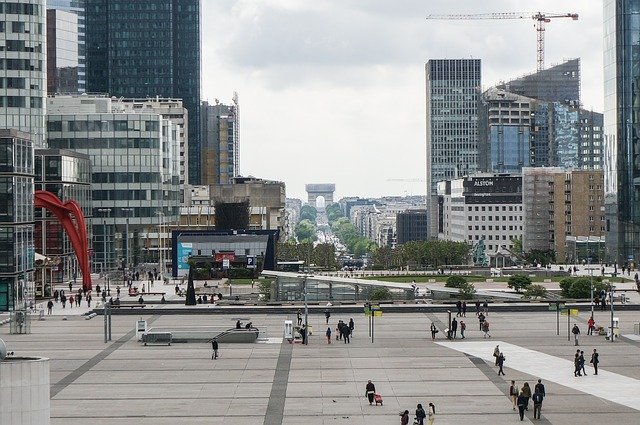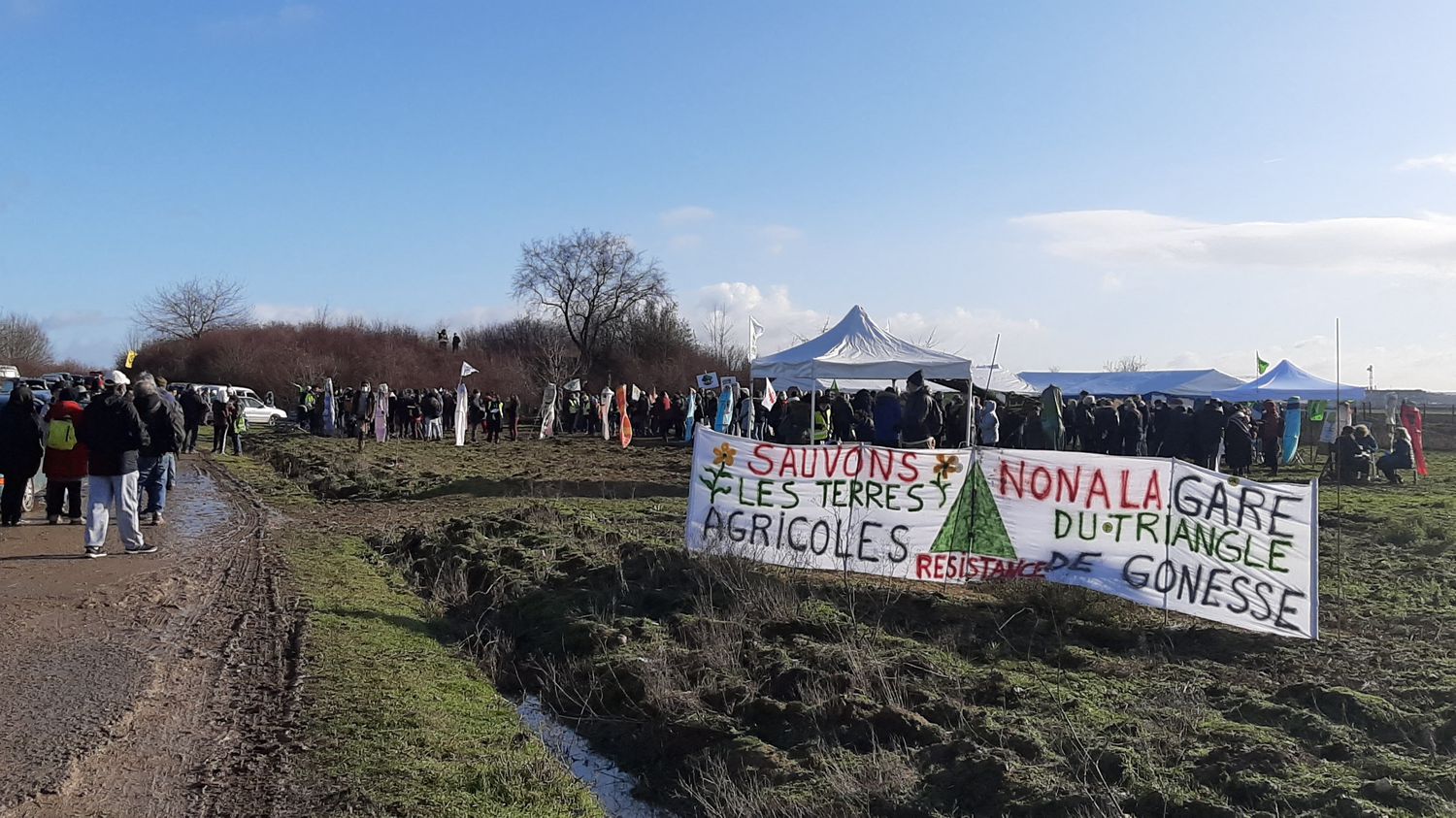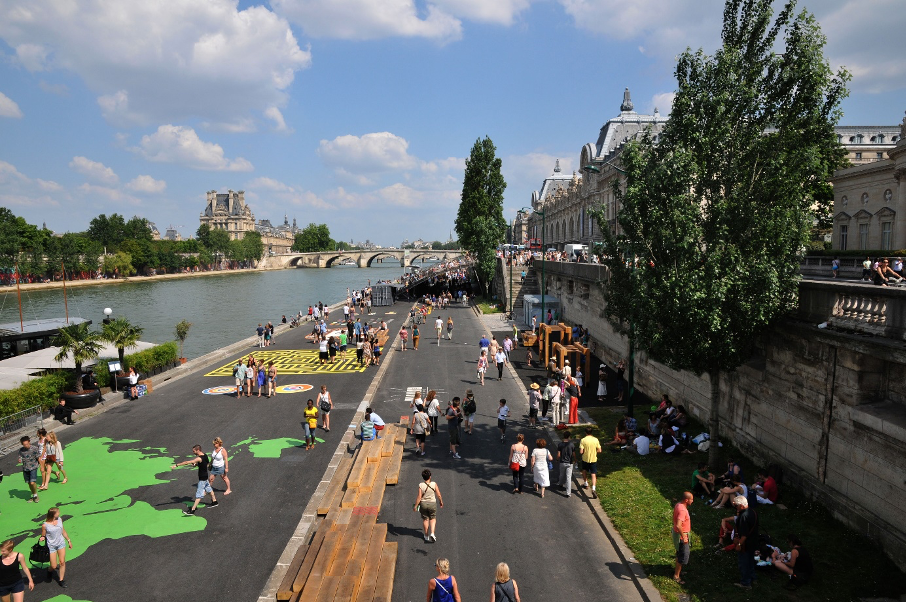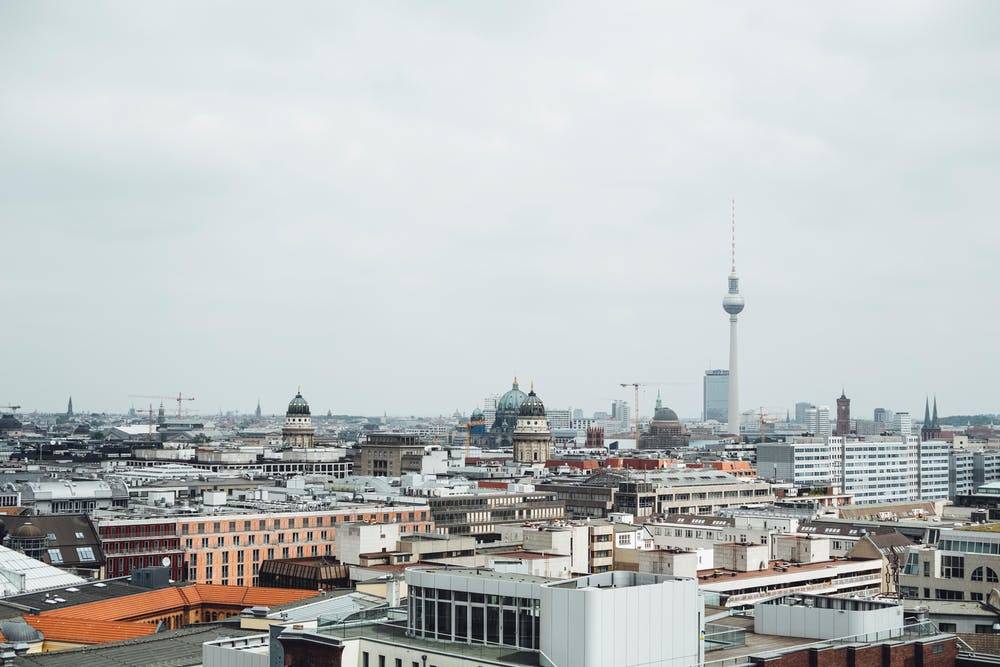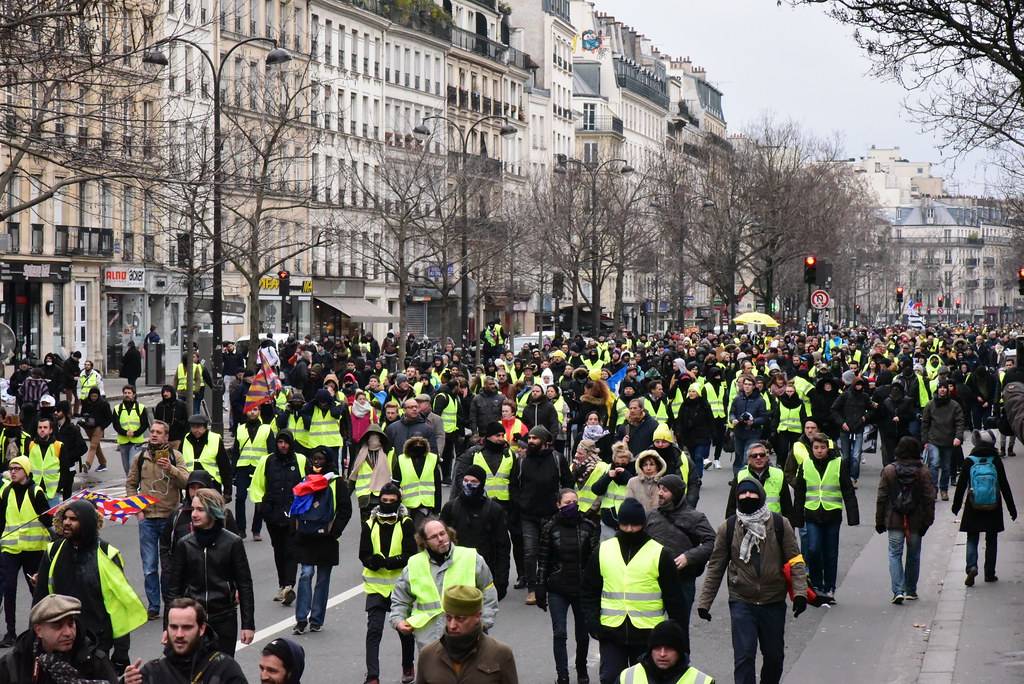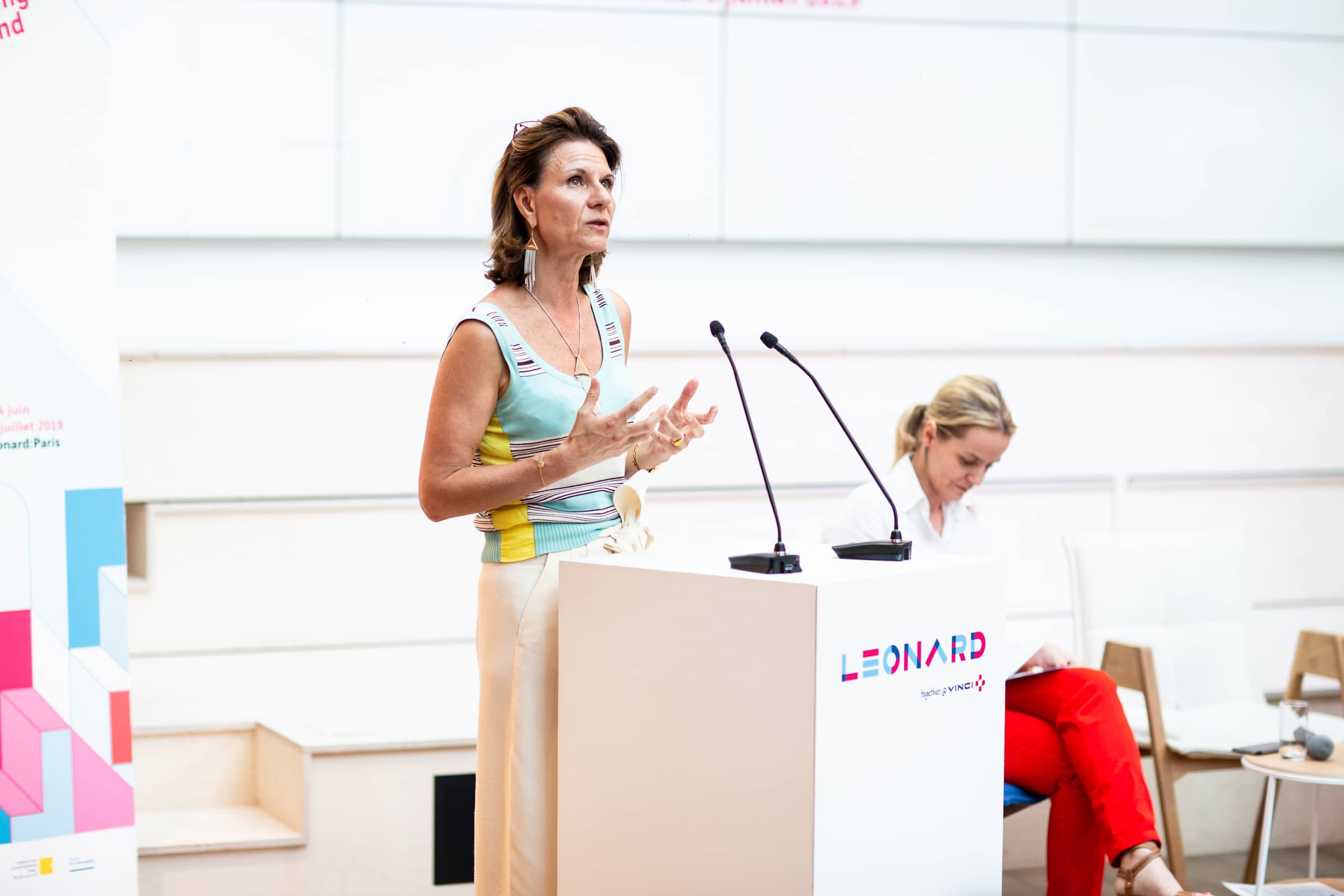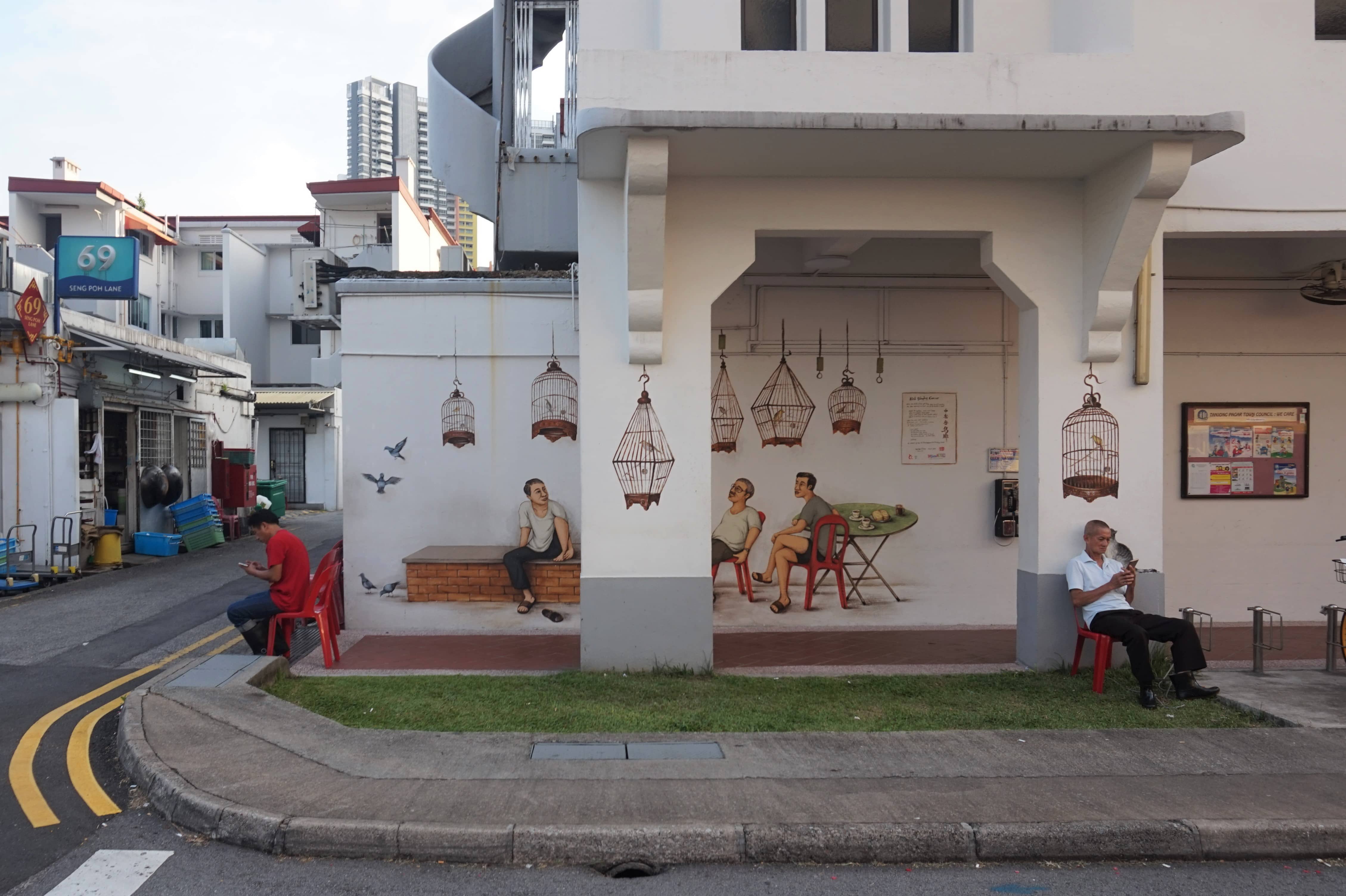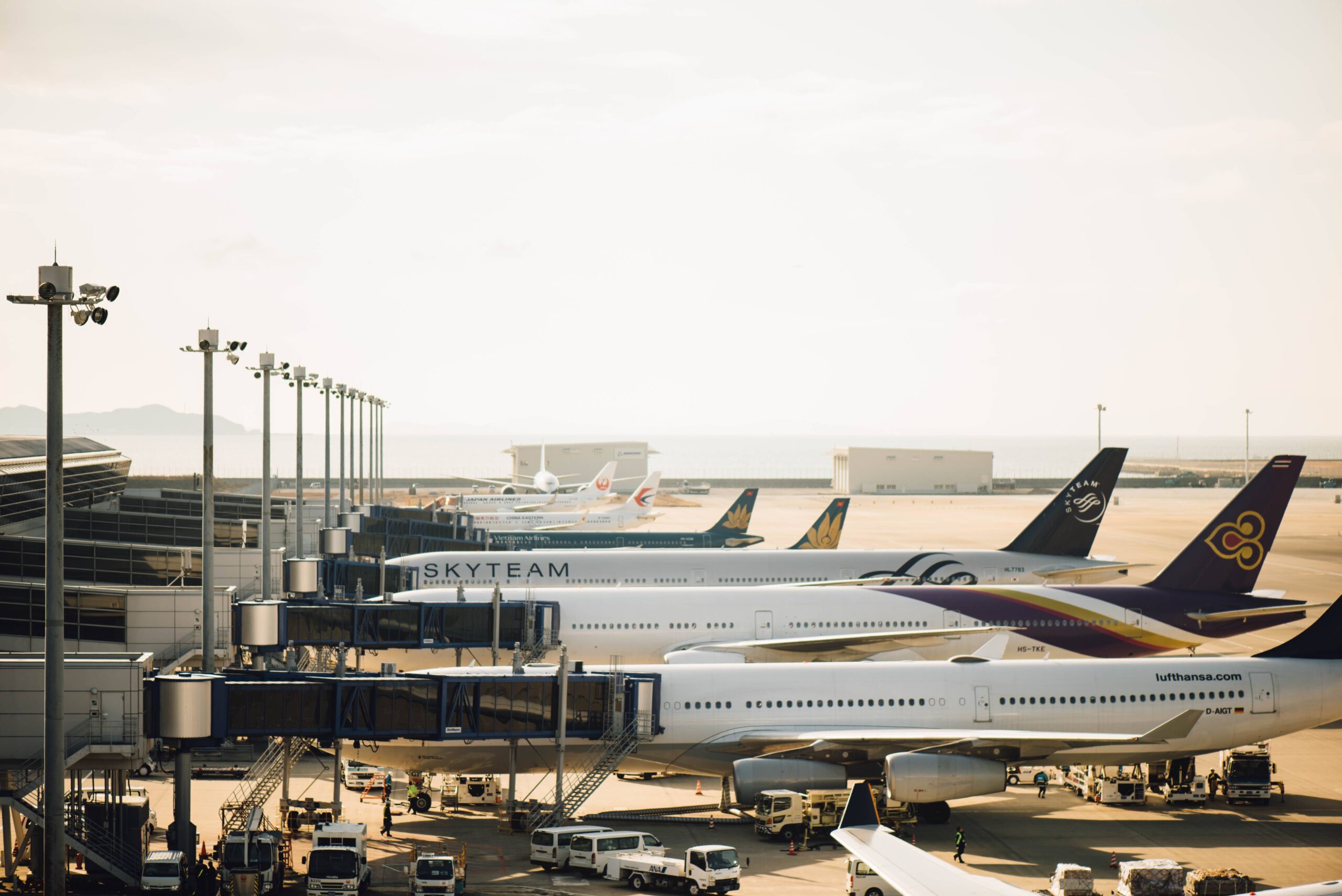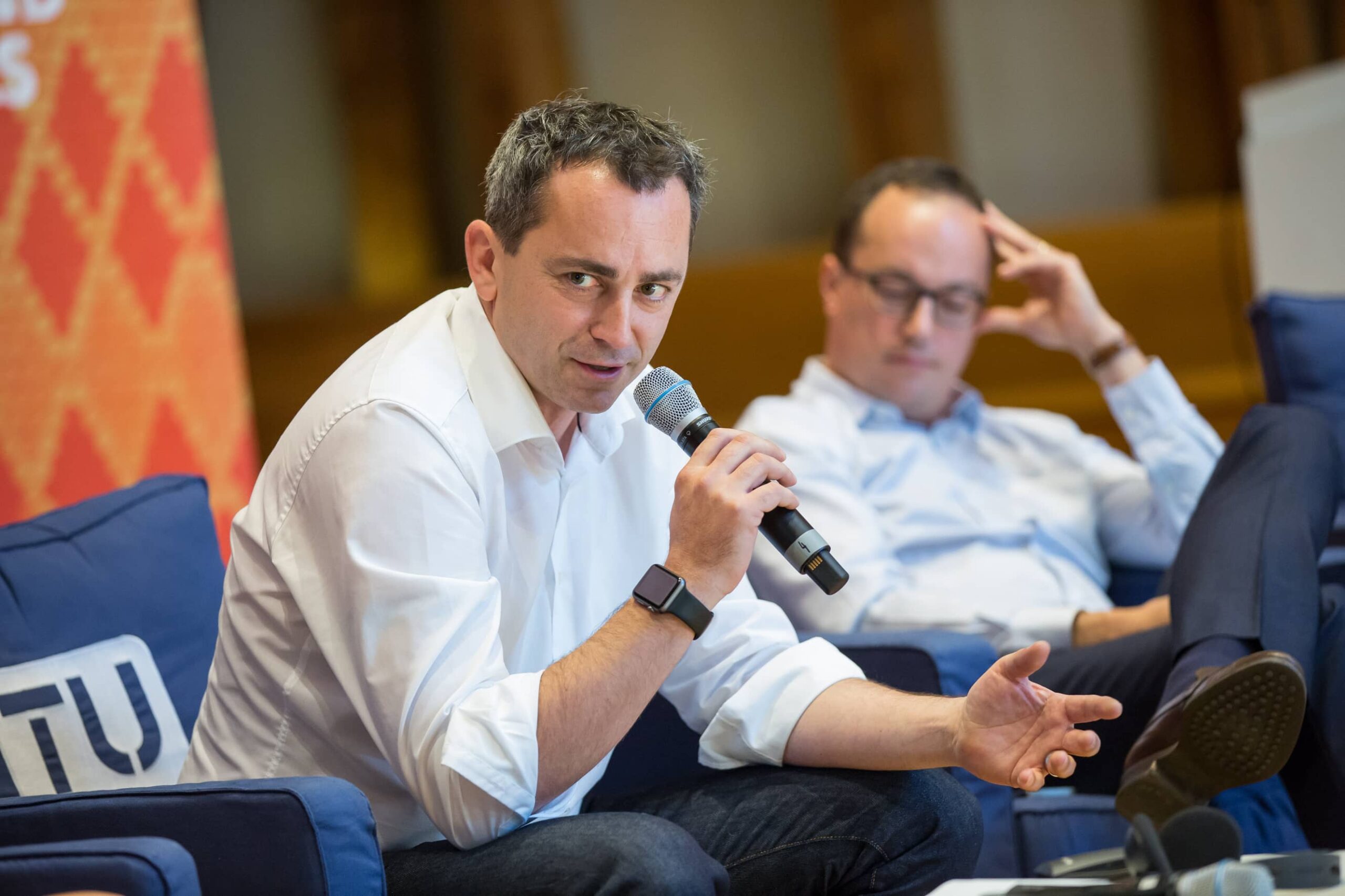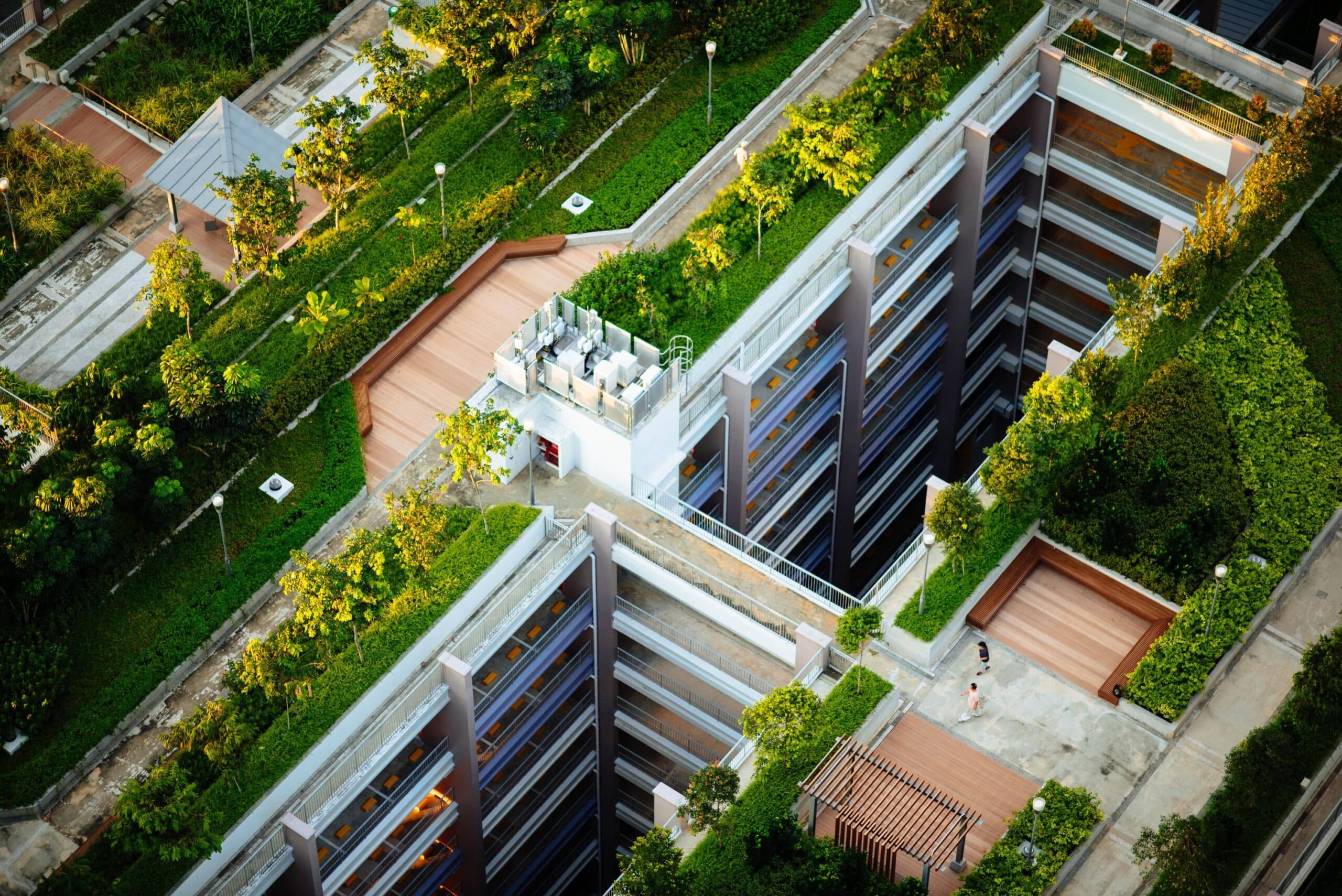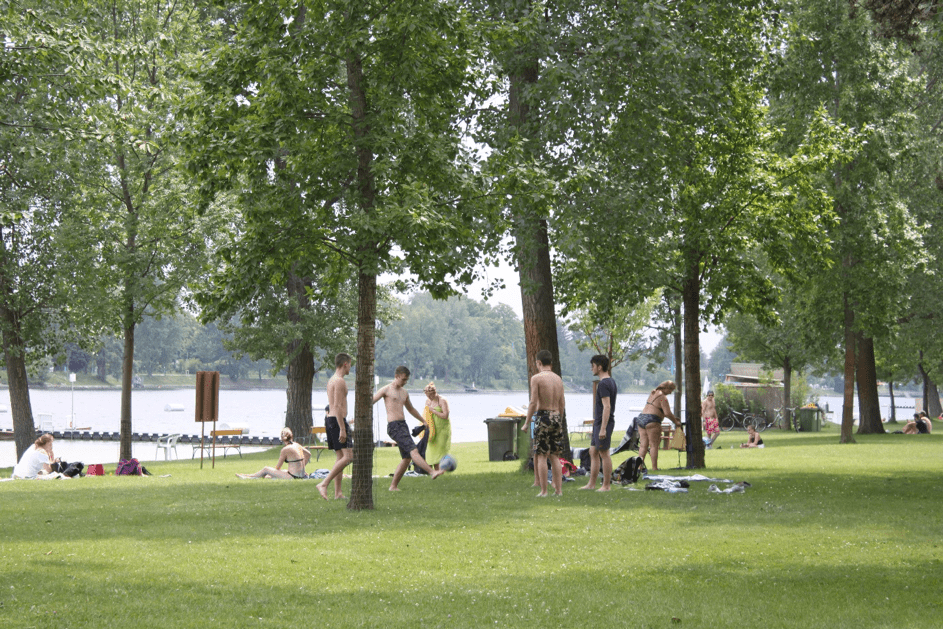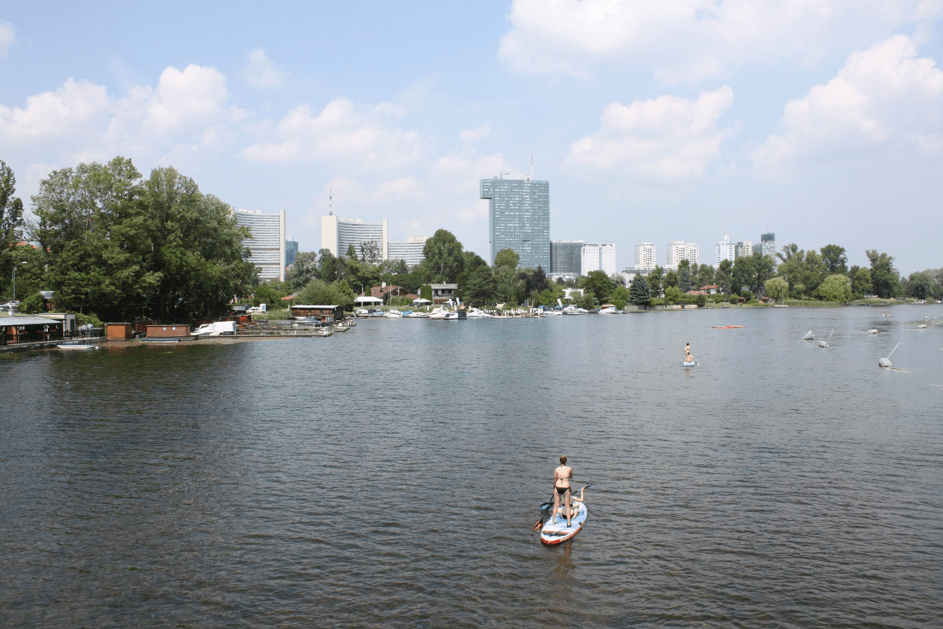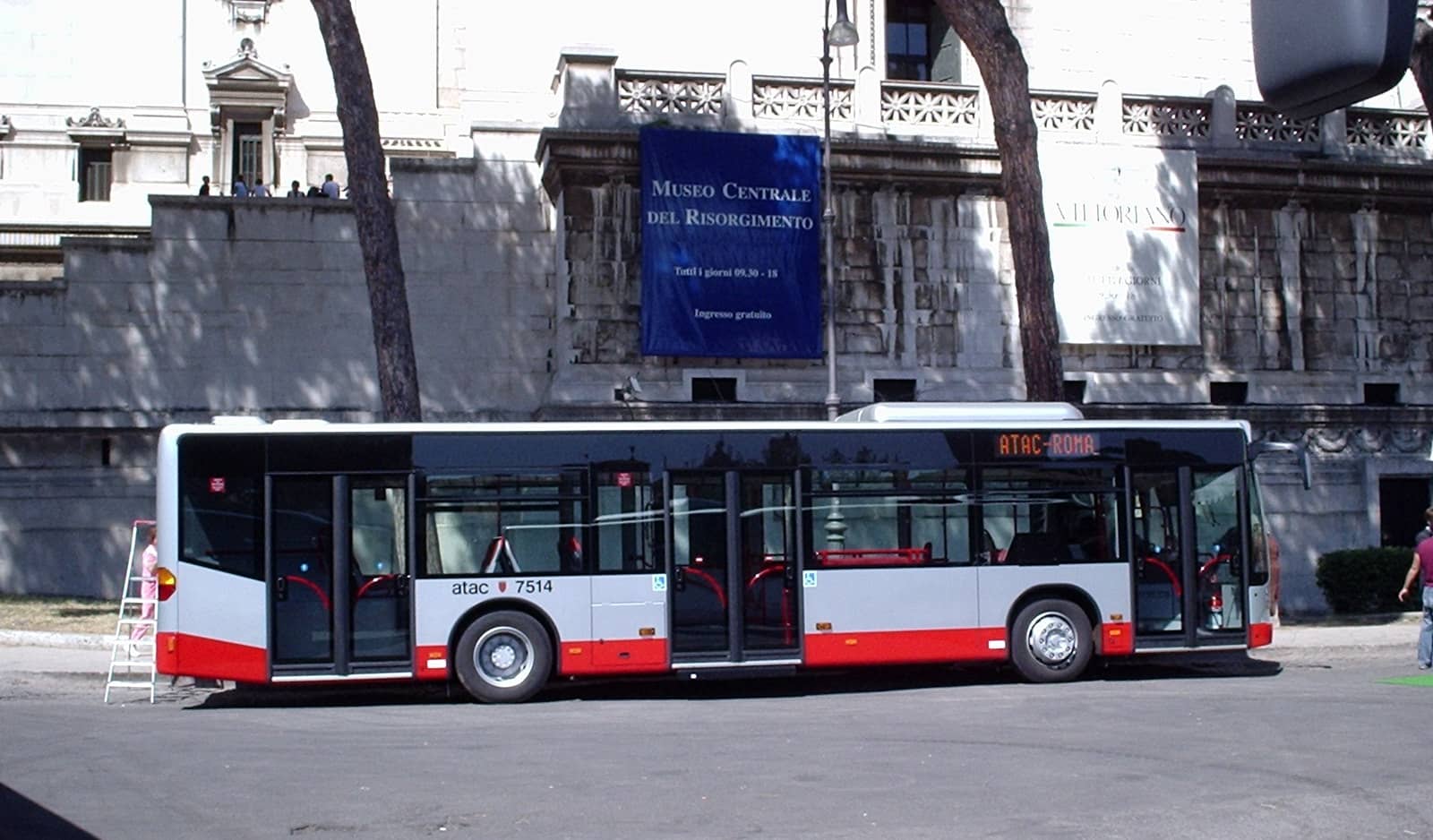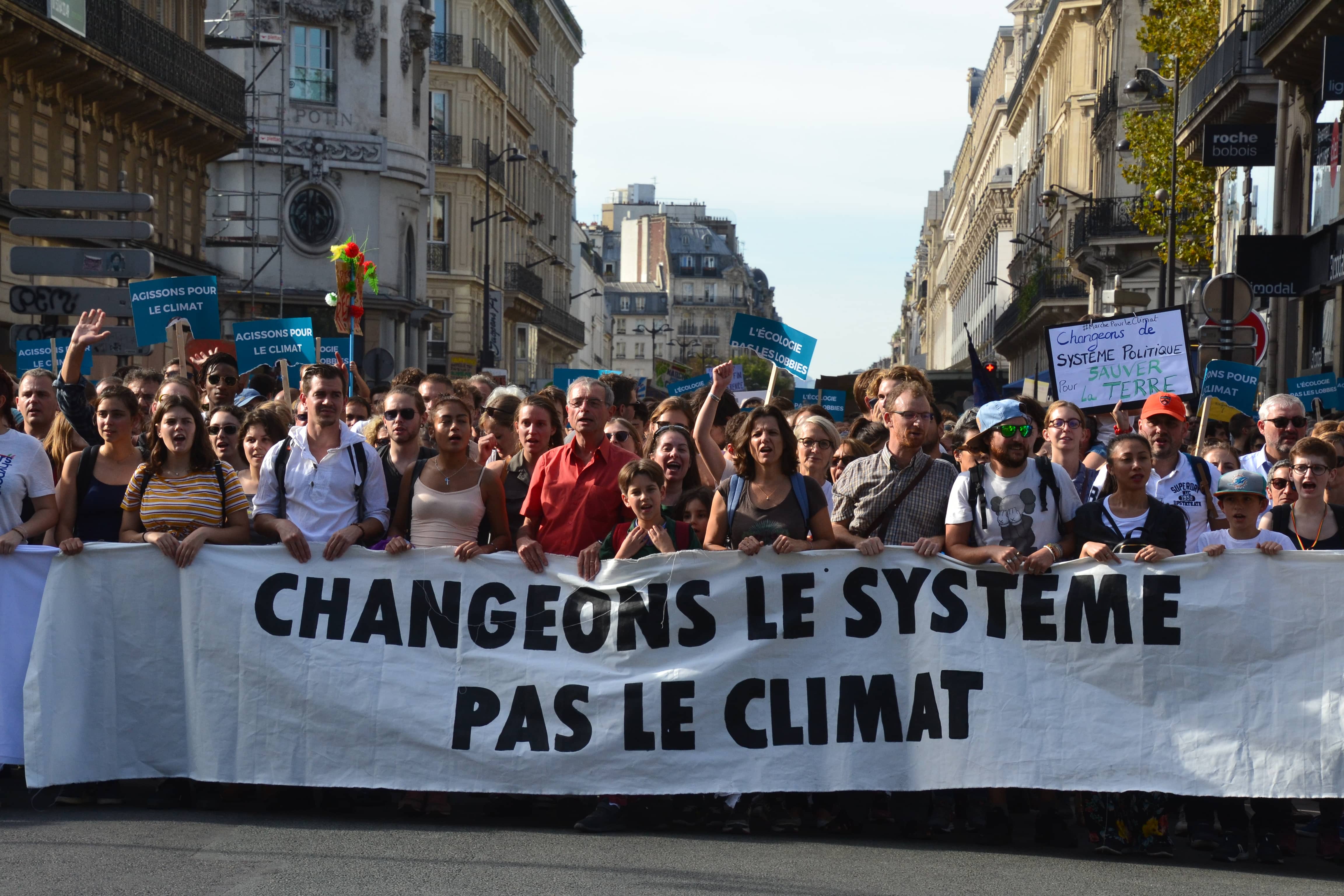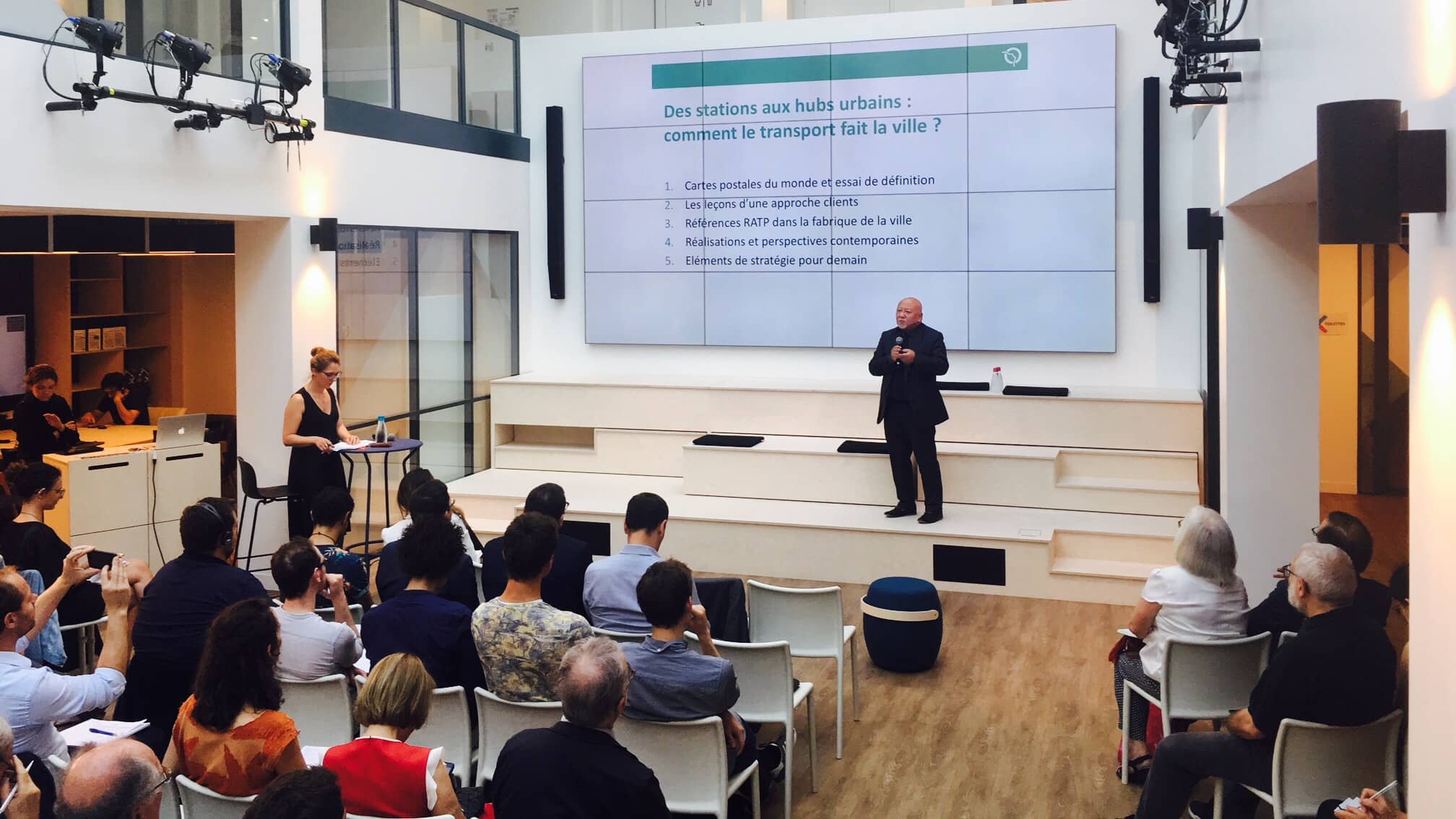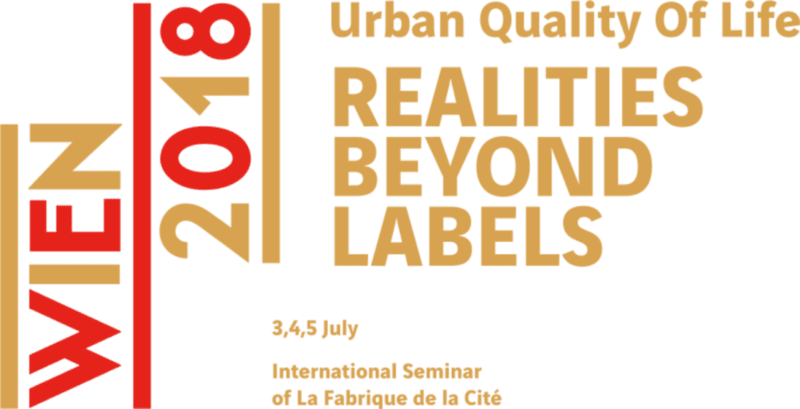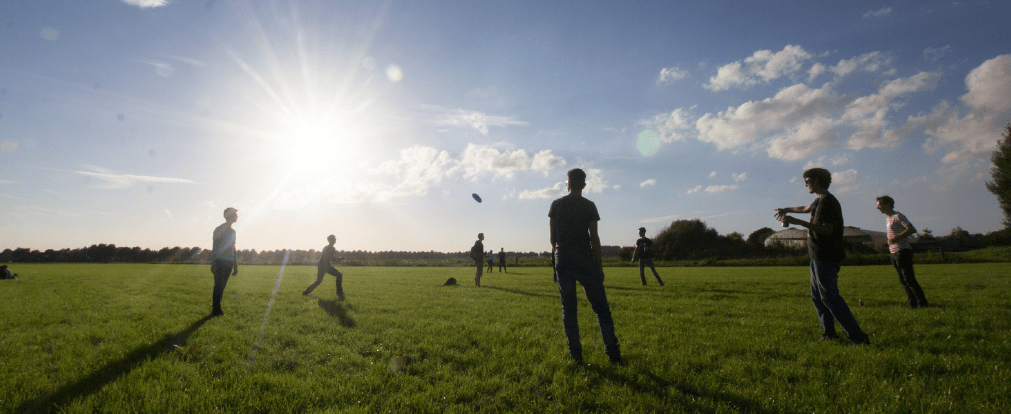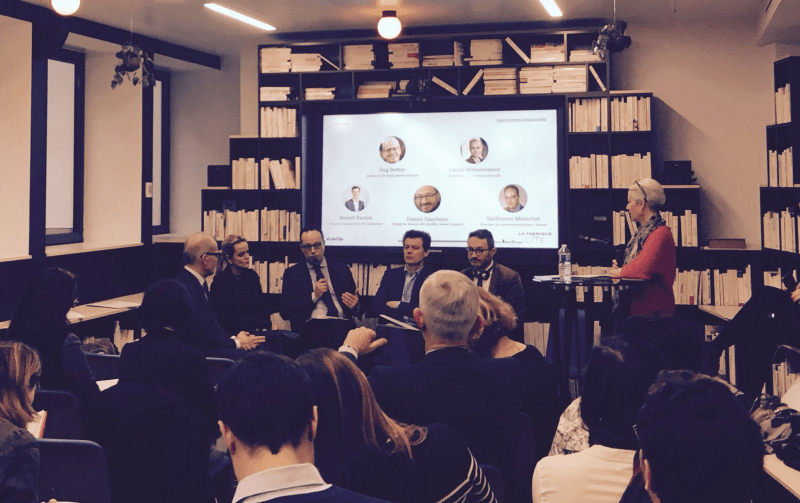

The conquest of constrained territories: governance challenged by political innovation
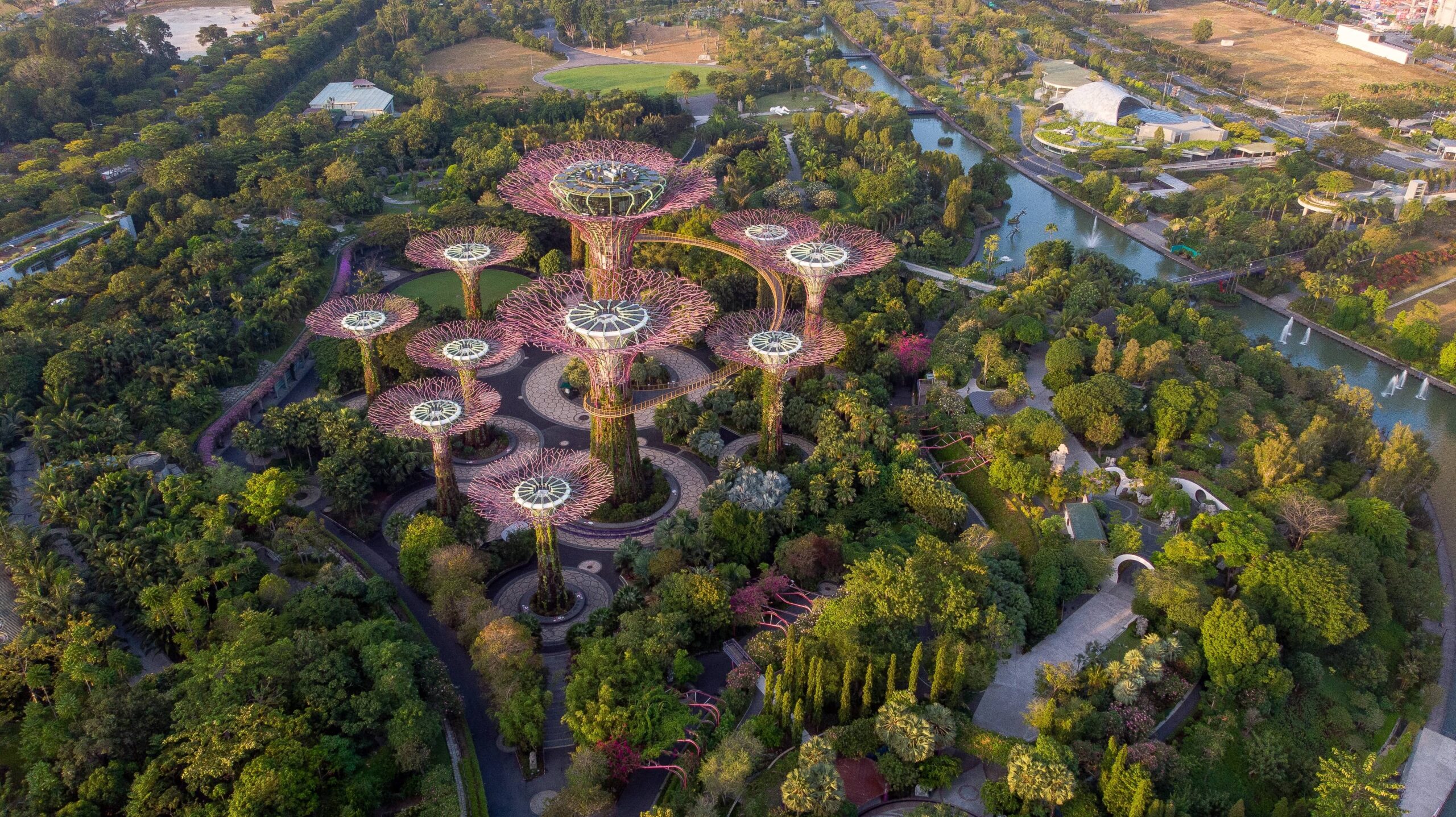
At the dawn of Eastern Asia’s development, the insular city-state of Singapore, located at the southern tip of the Malay peninsula, stood out thanks to its historical port functions. Since its independence in 1965, it has grown with the ambition of becoming a global city.
With 7,000 inhabitants/km², Singapore is the world’s densest state. Constrained by its limited surface area and resources, the city has conducted innovative public policies over the past 60 years: mass construction of public housing, creation of “towns”, road pricing… In the 1990s, Singapore entered a knowledge-driven economy and became Asia’s first financial center thanks to its modern transport and telecommunication networks and its attractive fiscal system. These have made Singapore a business location that cannot be overlooked. In 2017, the island hosted 788,500 qualified foreign workers. It is currently ranked first city in the world for expatriate quality of living by Mercer. This proactive policy in favor of foreign capital and knowledge retention goes hand in hand with local talent training, which benefits from one of the world’s most renowned educational systems and tight cooperation between the public sector, universities, and companies. These elements have enabled the consolidation of Singapore as a world-class innovation hub, both in the technological and urban fields.
A pioneer of satellite-based road pricing, mother of algorithmic mobility and govtech expert, Singapore is one of the best-known and most studied smart cities. Its implementation has benefited from a hyper-connected population and permissive legislation, in particular as regards data collection and processing, with the promise of efficient personalization of services. Aiming to become a seamless city, Singapore has associated careful governance to the use of technology. Urban logistics, management of flows and resources, housing, nature in town, energy transition: the reinvention of practices leaves no sector behind. The administration itself has started to transform into a smart administration and citizens have followed the movement by becoming smart citizens. This process has been supported by the Smart Nation initiative launched in 2014 by Prime Minister Lee Hsien Loong, which aspires to involve all city stakeholders in the state-directed digital transition. What room do these policies leave to practices not based on service consumption, yet which also contribute to the making of the city? Is the pursuit of the smart city an ideology aimed only at performance?
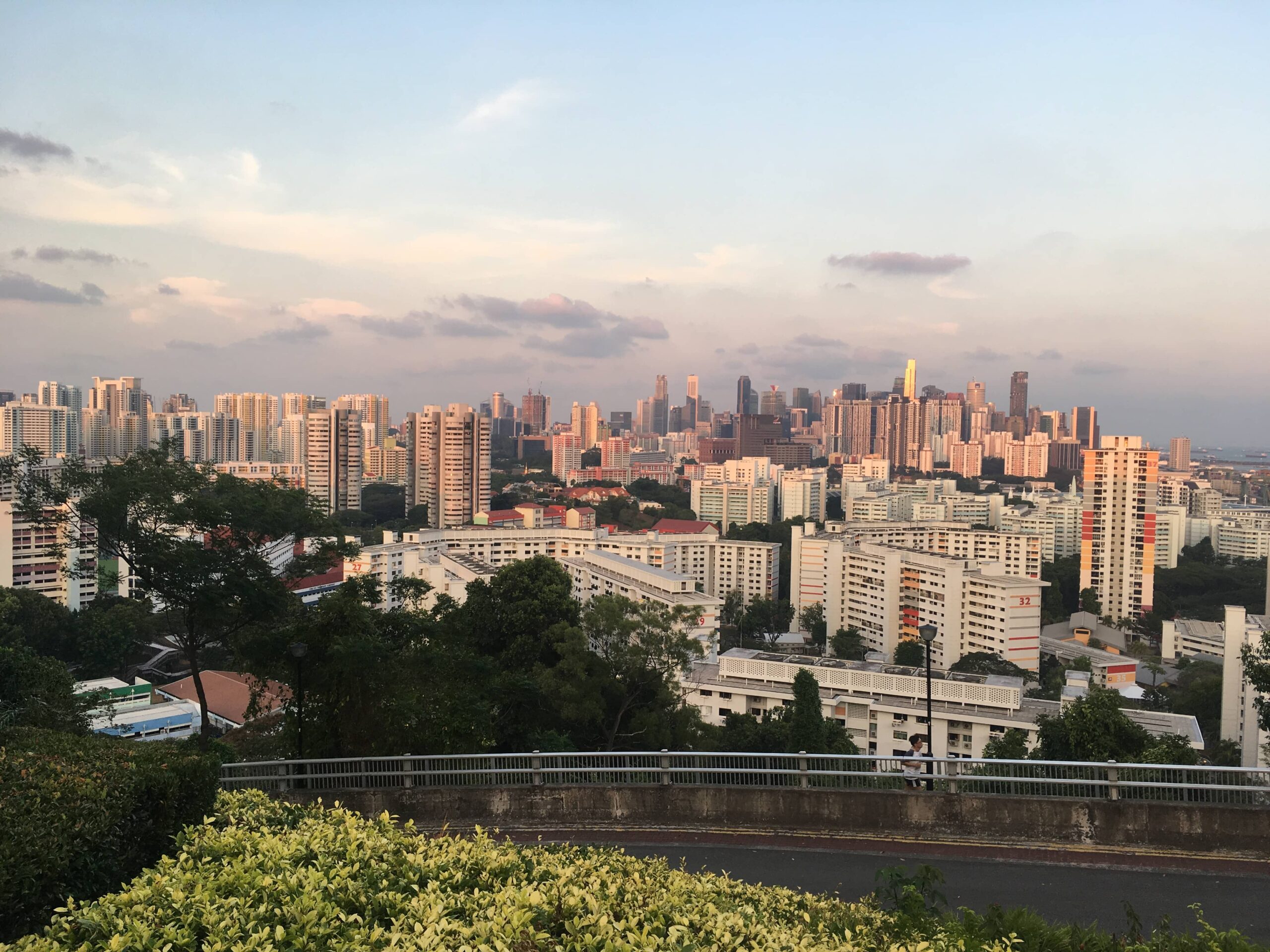
Faced with the fact that the construction of the optimized city does not equate long-run personal fulfillment and satisfaction, Singapore responded with the foundation of the Centre for Liveable Cities, which aims to reconcile the performance goals of the smart city with quality of life. Running counter to the image of stone, glass and steel technological metropolises, Singapore has made urban biodiversity a major priority. Its “city in a garden” program aims to re-create an autonomous ecosystem and make nature a genuine architectural artwork, in order to achieve liveability, regarded as the synthesis of a competitive economy, sustainable environment, and quality of life. To what extent do these policies help shape an imagination meant to bolster the city’s economic attractiveness and maintain political stability?
Population growth, social, cultural and generation inclusion, climate change and cybersecurity: Singapore cannot overlook these existing challenges. How is the city-state addressing them? To what extent can the articulation between governance and technology help alleviate a territory’s constraints? In spite of the diversity of economic, cultural, and political contexts, can policies implemented in Singapore inspire other metropolises?
These other publications may also be of interest to you:

Lisbon beyond the Tagus
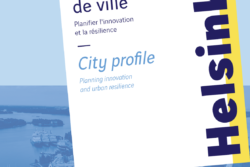
Helsinki : Planning innovation and urban resilience

Toronto: How far can the city go?

Inventing the future of urban highways
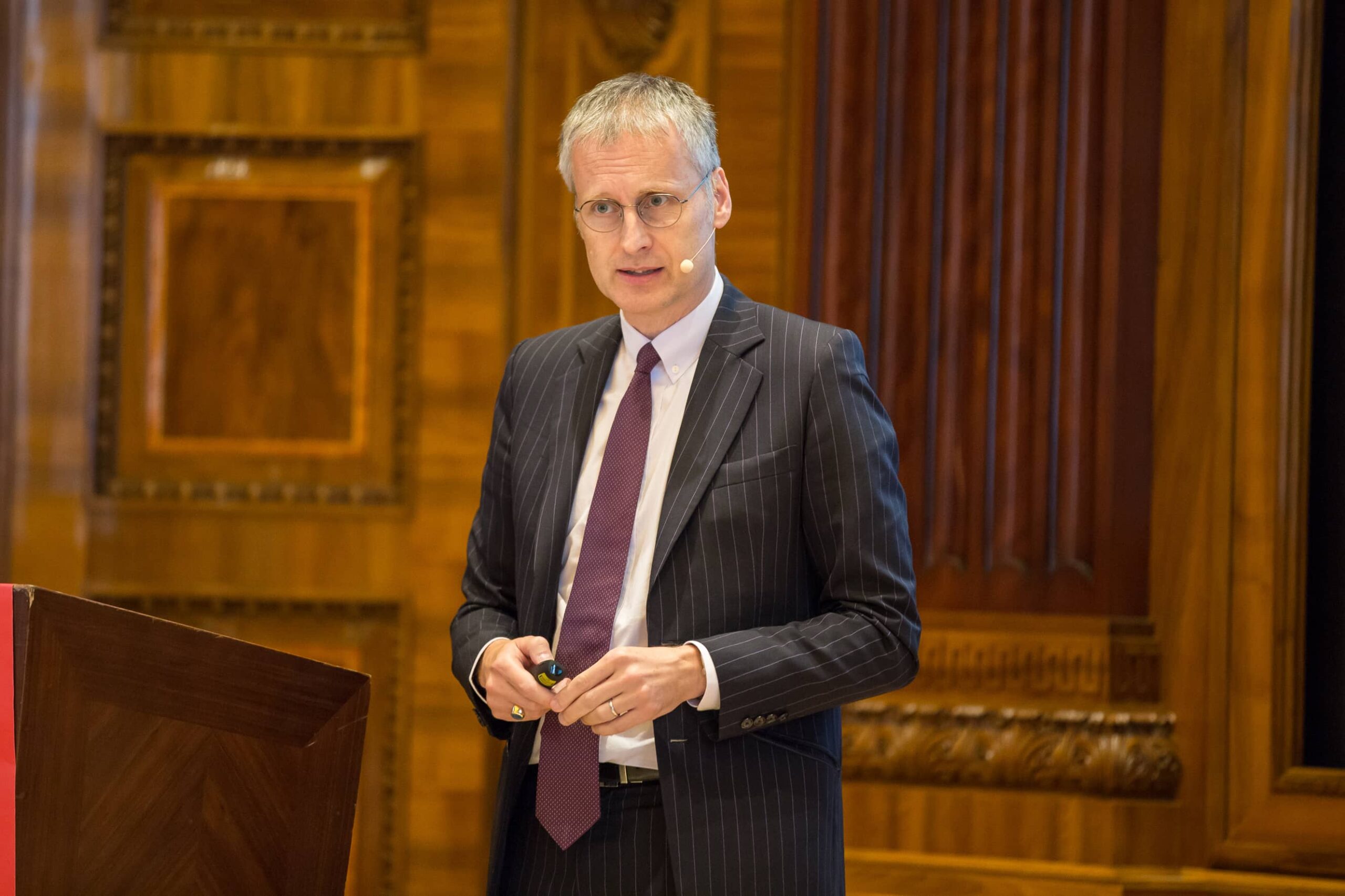
Viktor Mayer-Schönberger: what role does big data play in cities?
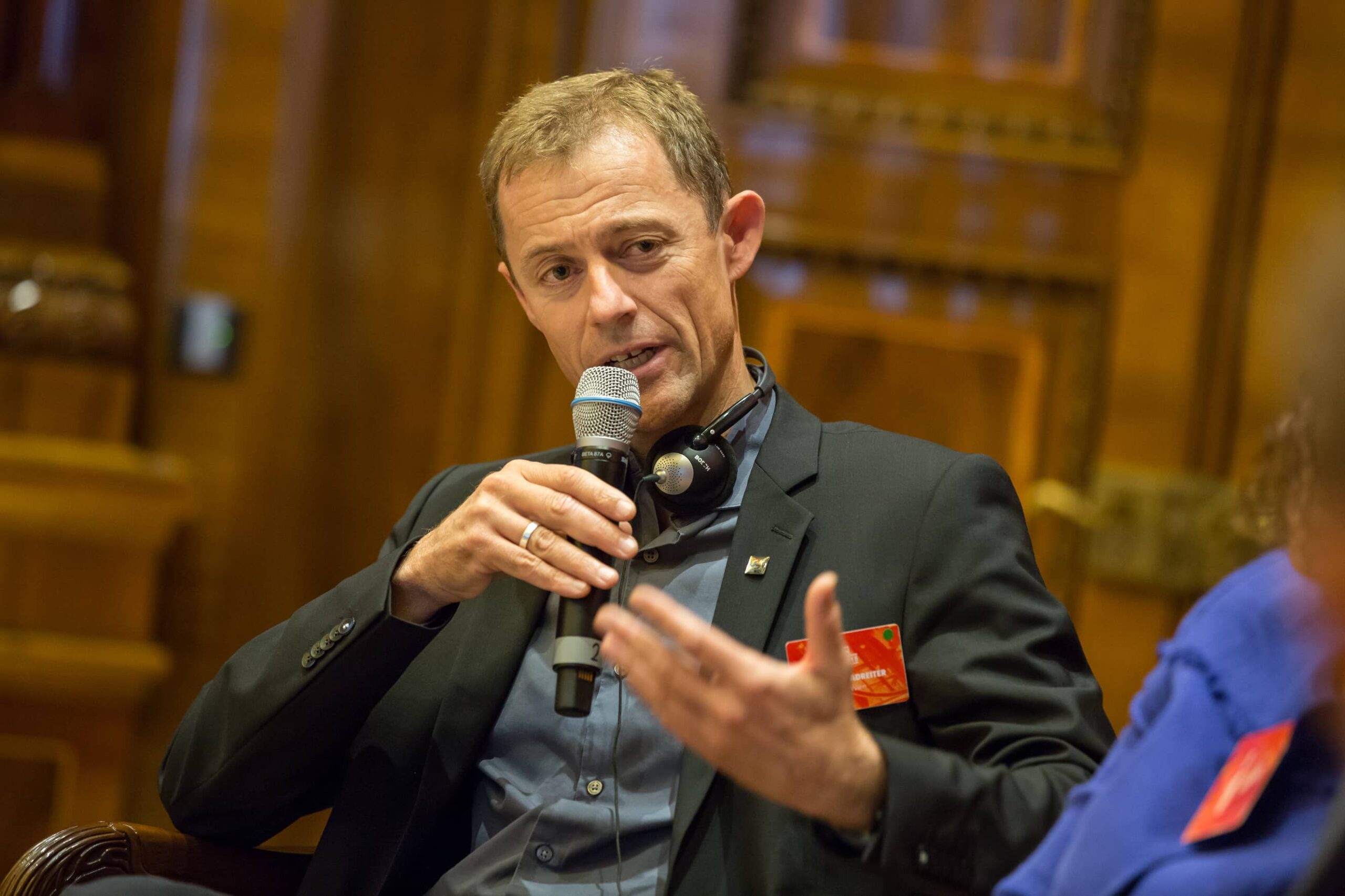
Thomas Madreiter: Vienna and the smart city
“Dig, baby, dig”
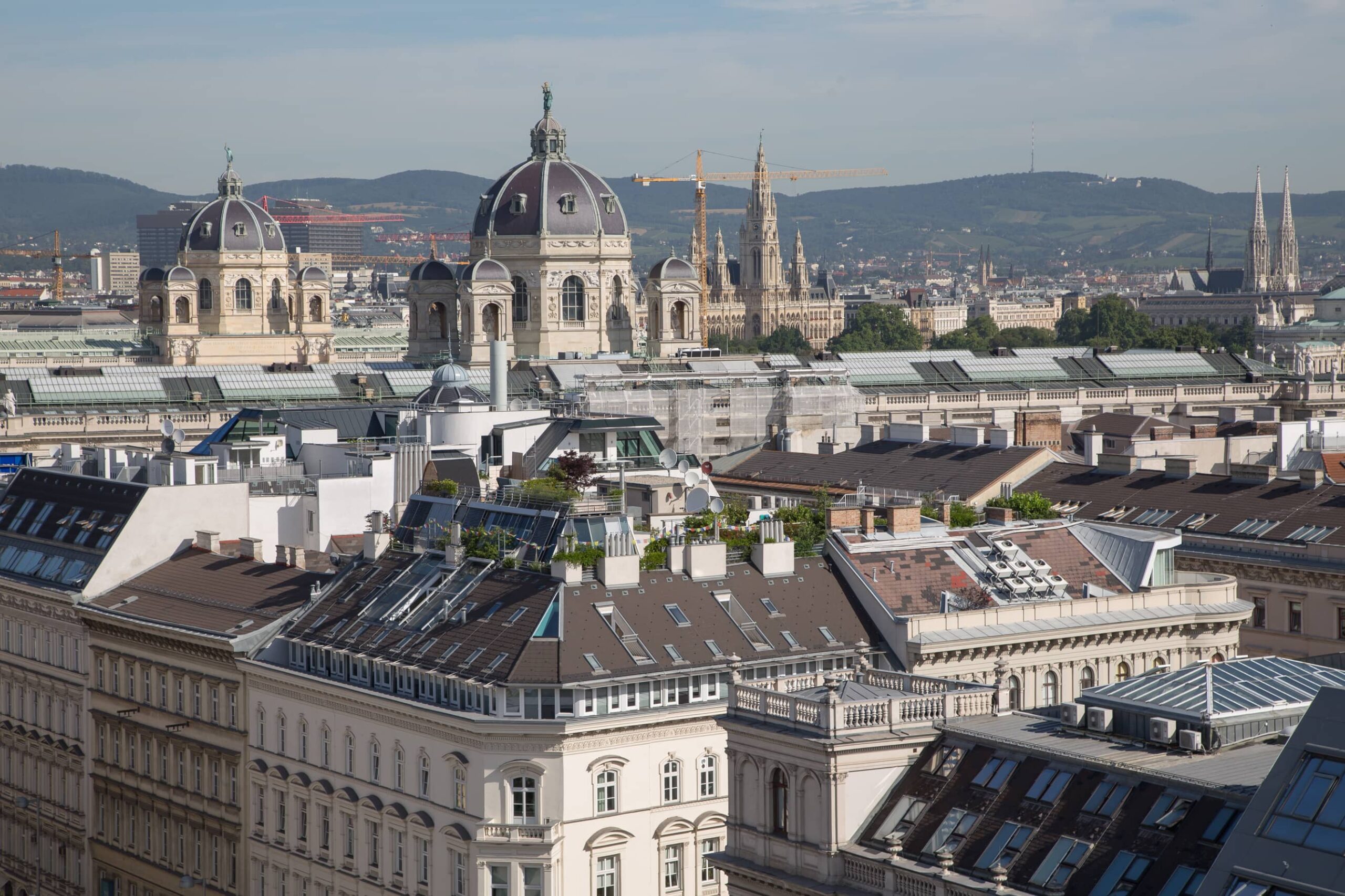
Vienna
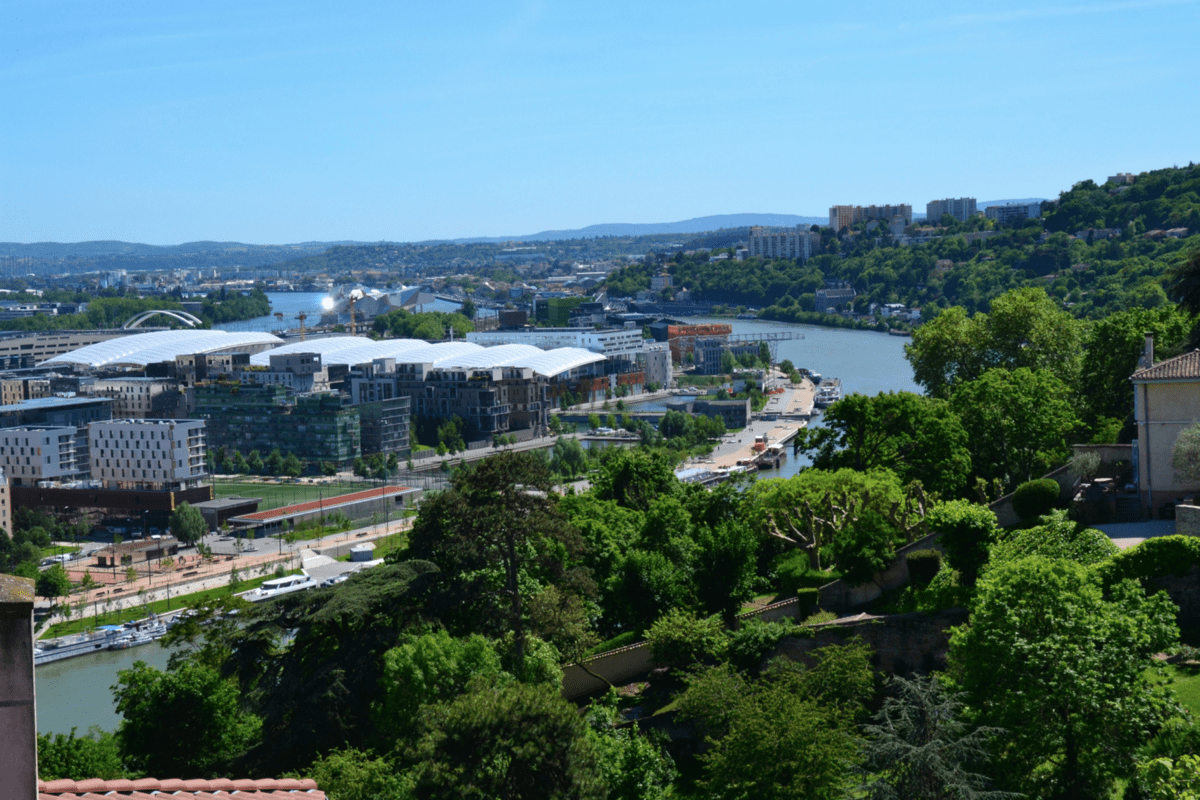
The Public Wealth of Cities

Breathless Metropolises
La Fabrique de la Cité
La Fabrique de la Cité is a think tank dedicated to urban foresight, created by the VINCI group, its sponsor, in 2010. La Fabrique de la Cité acts as a forum where urban stakeholders, whether French or international, collaborate to bring forth new ways of building and rebuilding cities.















